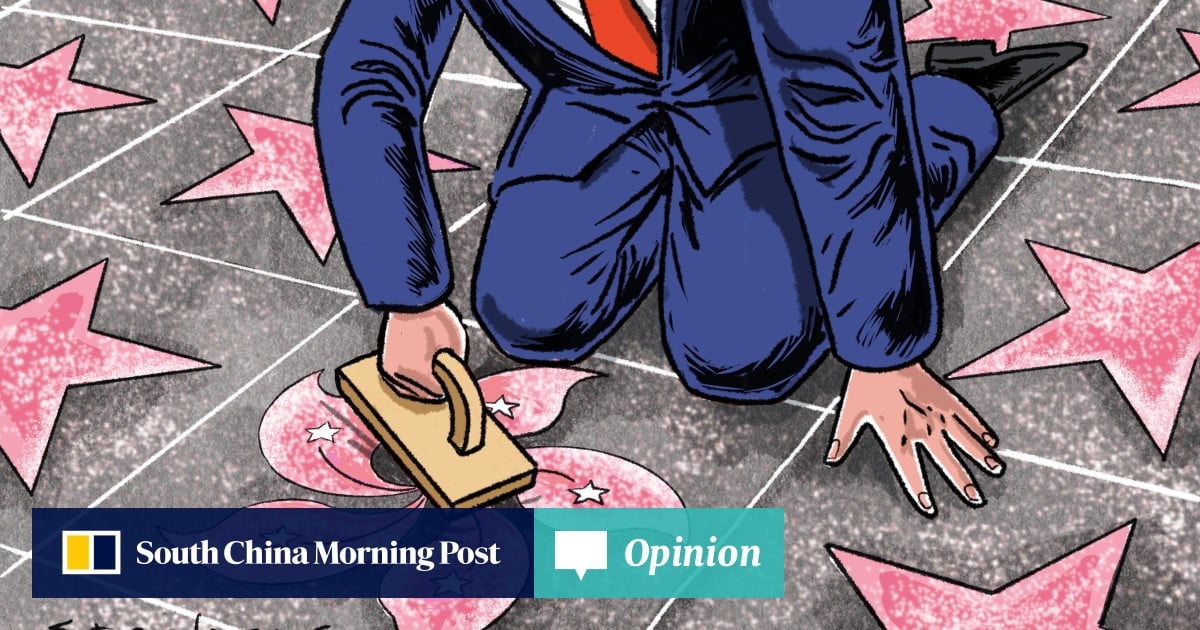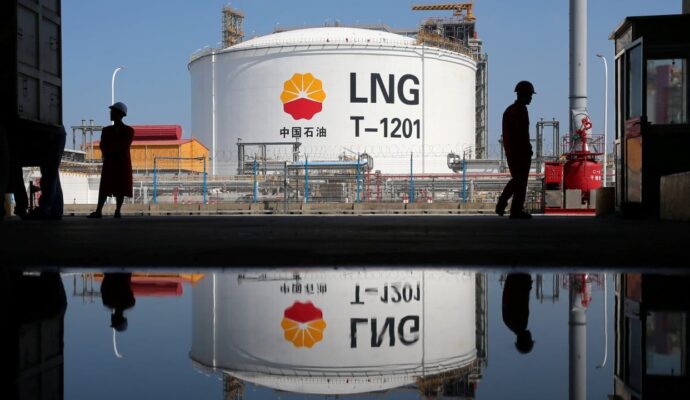
The familiar signs of hustle and bustle in Hong Kong are back. Mainland tourists are thronging major attractions, from the Tsim Sha Tsui promenade to Disneyland Resort. Foreign tourists are returning in noticeable numbers, adding a cosmopolitan flair. Overseas business travellers are back in droves, too, as evidenced by the back-to-back exhibitions at the Hong Kong Convention and Exhibition Centre, which is booked solid until next July.
Advertisement
Walking by recently, I was struck by the diversity on offer. From August 26-28, the banner advertising the Asia Adult Expo graced the main entrance, followed by the Bitcoin Asia conference from August 28-29. Eric Trump, the second son of US President Donald Trump, took centre stage at the conference, boldly predicting bitcoin would reach US$1 million. That he was in Hong Kong to wax poetic about bitcoin is a definitive sign of the city’s unique status as a capitalist enclave within a vast socialist country.
It’s impossible to imagine him headlining a similar event in Shenzhen or Shanghai, where the Chinese government maintains a decidedly ambivalent stance towards bitcoin. Apparently, Beijing has allowed Hong Kong to experiment.
As Hong Kong emerges from the shadows of Covid restrictions and the complications arising from the national security law, the city is struggling to grow amid rising worries and scepticism about its future and the validity of “one country, two systems”. Among other things, Hong Kong has yet to find the right balance between further integrating into China’s economy and preserving its unique status as an international financial centre.
Contrary to the conventional wisdom that Hong Kong would become a hapless victim of the escalating competition and confrontation between China and the United States, the city seems to be benefiting more from its peculiar in-between status.
Advertisement
Following Beijing’s decisions to stimulate the economy, Hong Kong’s stock markets have roared back to life. In the first half, Hong Kong raised HK$107.1 billion (US$13 billion) through initial public offerings (IPOs) – seven times the amount raised in the same period last year, according to PwC. It predicts that 2025 is poised to be the most active IPO market for Hong Kong in four years, with fundraising expected to rank No 1 globally.

